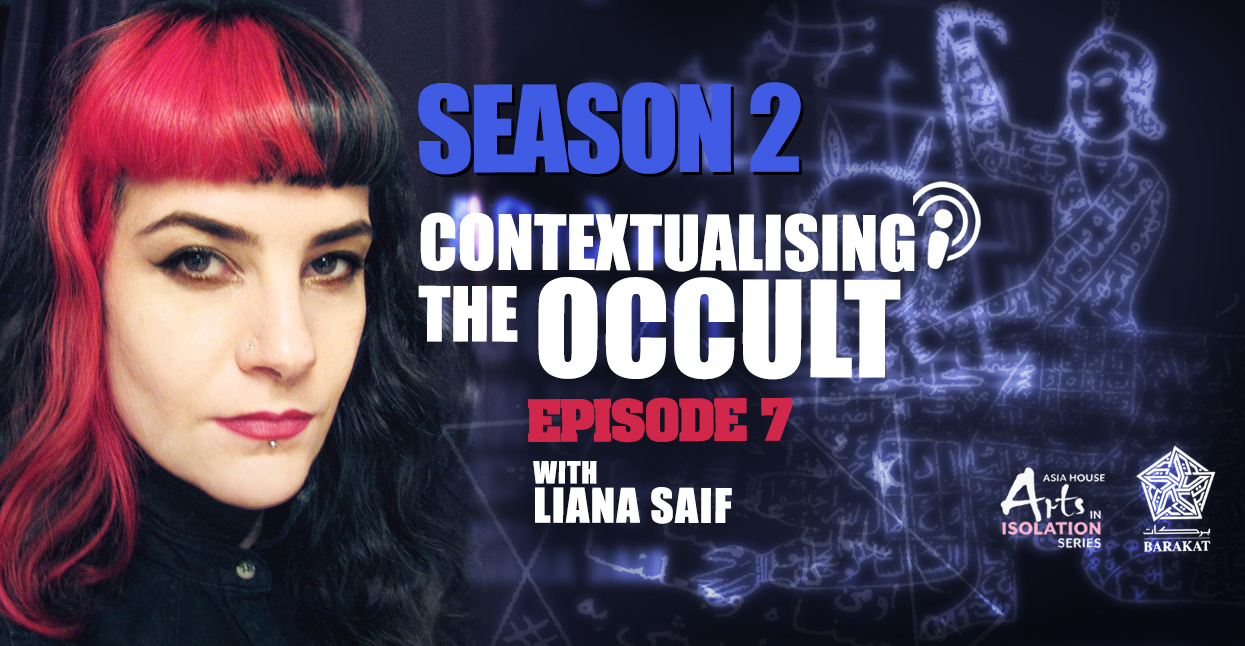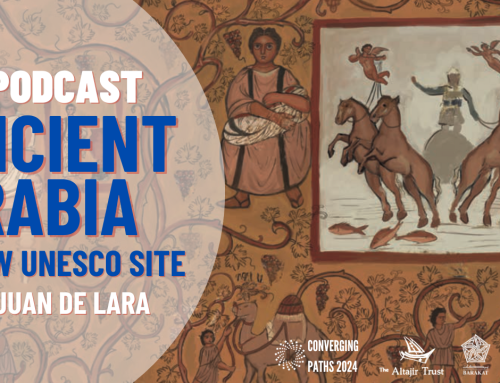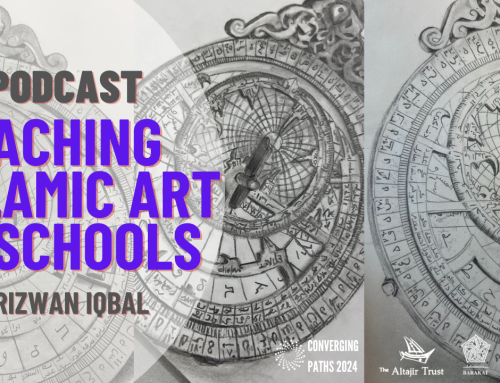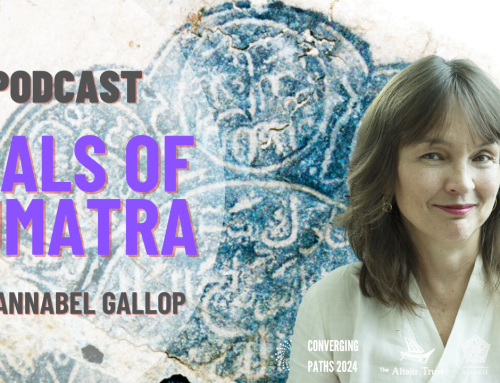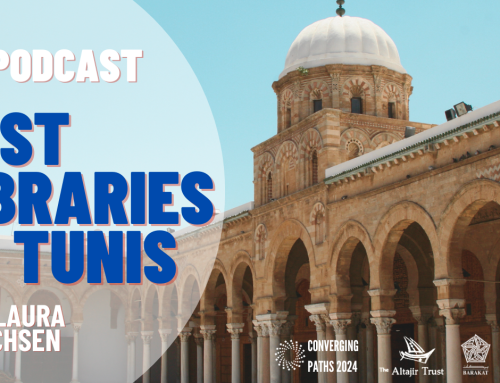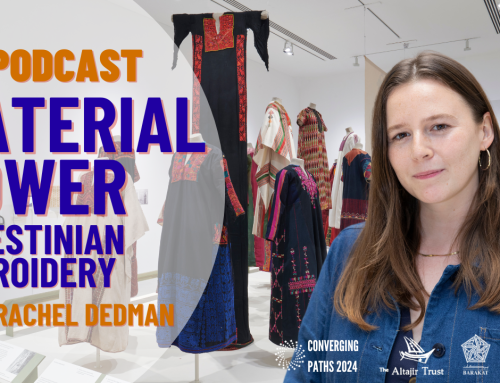Liana Saif explores how divination, talismans, amulets and ritual have helped people address social anxieties and cultural challenges throughout history.
Liana Saif is a post-doctoral fellow at the Warburg Institute and Université Catholique de Louvain as part of the project “The origin and early development of philosophy in tenth-century al-Andalus: the impact of ill-defined materials and channels of transmission”.
She is preparing a critical edition, translation, and in-depth analysis of the understudied text on talismanry and its theoretical foundations, Kitāb al-Nukhab/al-Baḥth attributed to Jābir ibn Ḥayyān (c. 720 – c. 815), and gauging its influence in al-Andalus.
Saif’s research centres on Medieval Islamicate occult sciences and Islamic esotericism in a global context. She is also interested in the exchange of occult and esoteric ideas and practices between the Islamicate world and the Latin West, in the medieval and early modern period.
Saif is translating into English the tenth-century magic text, Ghāyat al-ḥakīm (known in its Latin translation as the Picatrix) by the Andalusian esotericist and occultist Maslama al-Qurṭubī (906-964). In addition, she has been conducting research on the early medieval corpus known as the pseudo-Aristotelian Hermetica, identifying sources, dating, provenance, and influences. Saif’s first monograph, The Arabic Influences on Early Modern Occult Philosophy was published by Palgrave Macmillan in 2015 and she has recently edited a special issue on Islamic esotericism for Correspondences: Journal for the Study of Esotericism.
She is a former grantee of The Barakat Trust.
This podcast is part of Converging Paths and Arts In Isolation, a partnership with Asia House, kindly supported by the Altajir Trust, and the Aga Khan Trust for Culture’s Education Programme.

